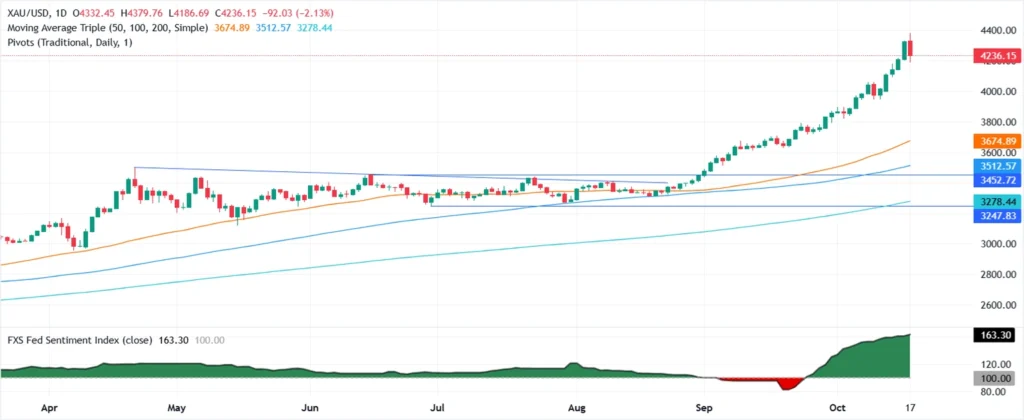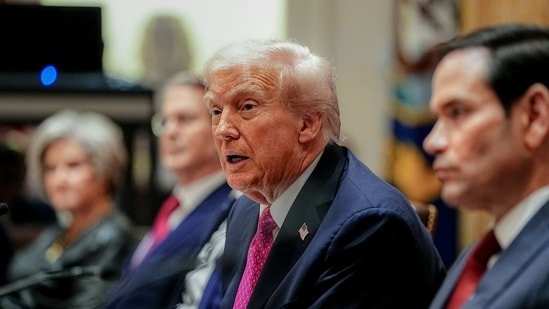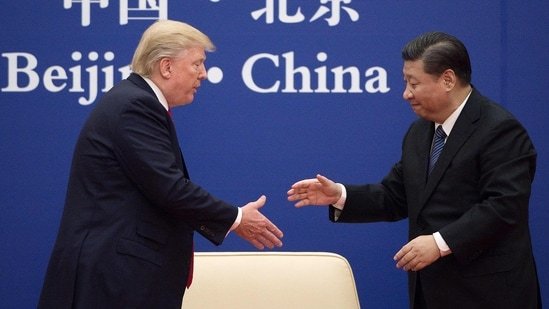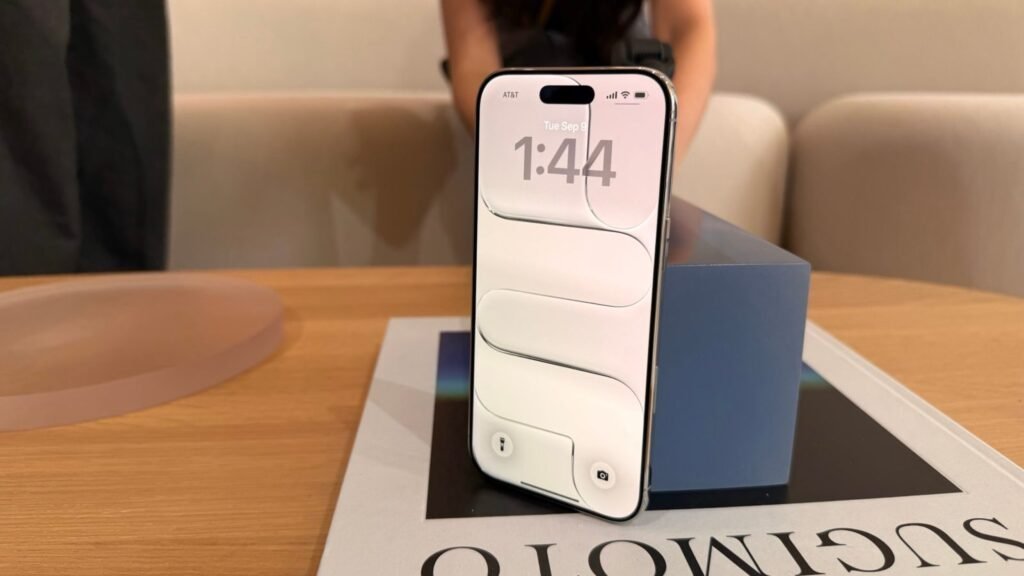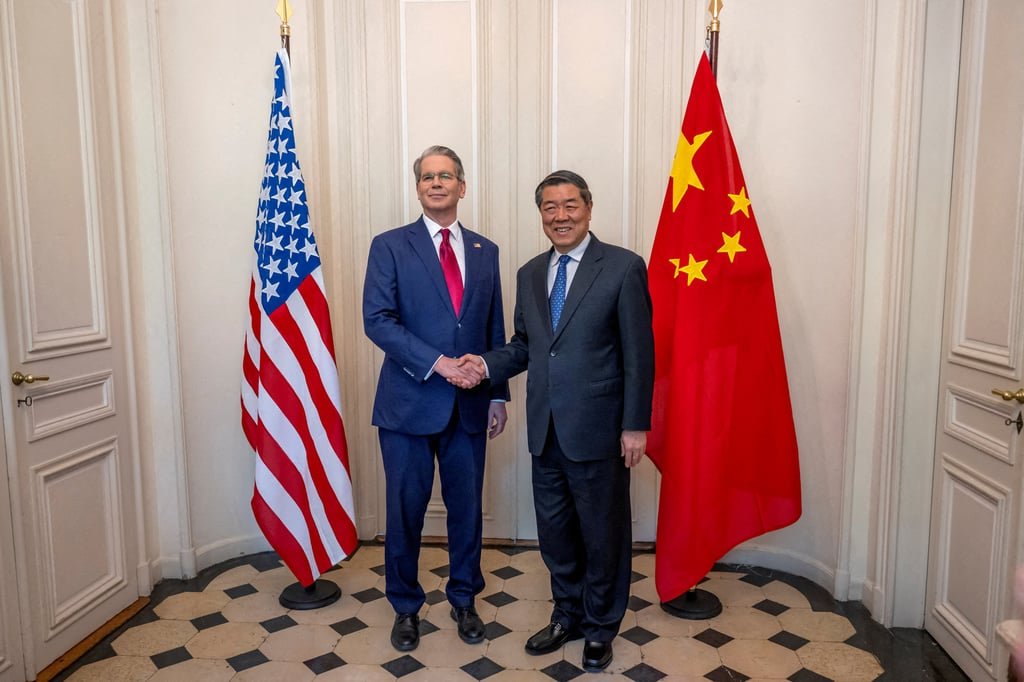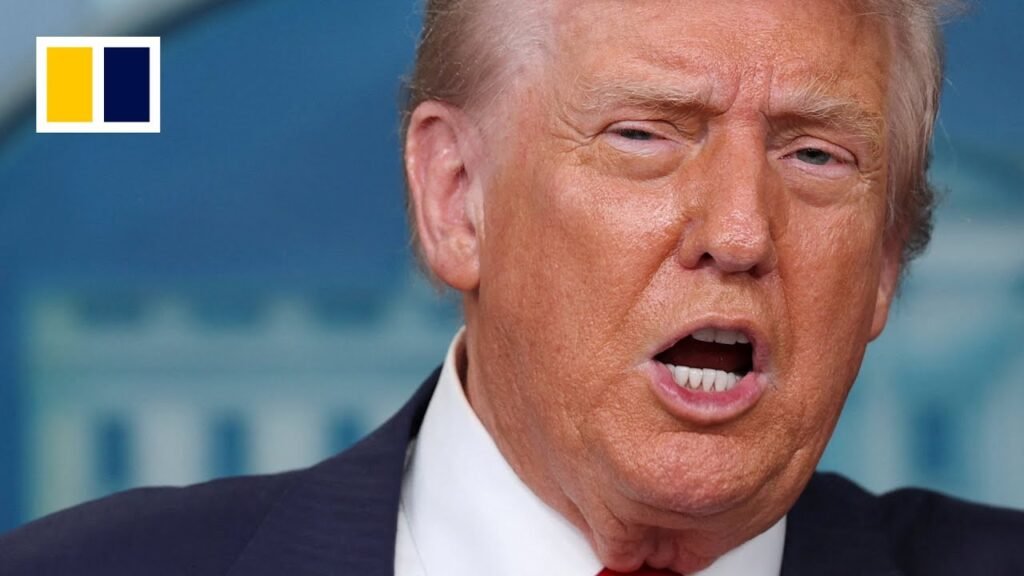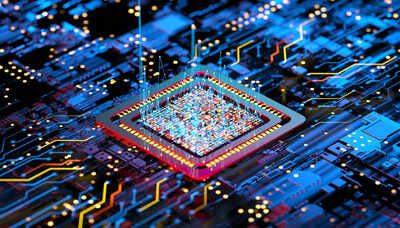
Micron is reportedly planning to stop supplying server chips to data centers in China after the company failed to recover from a 2023 government ban on its products in critical Chinese infrastructure, a report has said. Micron was the first US chipmaker targeted by Beijing in a move seen as retaliatory for Washington’s restrictions aimed at impeding China’s semiconductor industry progress.Citing two people briefed on the decision, news agency Reuters reported that Micron will continue to sell to two Chinese customers with data centre operations outside China, including laptop maker Lenovo. The company will also continue supplying chips to auto and mobile phone sector customers in China.
What Micron has to say on its exit from China data centre business
Asked about the exit from its China data centre business, Micron said in a statement that the division had been impacted by the ban and that it abides by applicable regulations where it does business.“We have a strong operating and customer presence in China, and China remains an important market for Micron and the semiconductor industry in general,” Micron said in its statement.Micron’s ban from critical infrastructure in China—the world’s second-largest market for server memory—has meant the company missed out on the country’s data centre expansion boom tied to artificial intelligence (AI) investment.Since Micron’s ban, both Nvidia and Intel chips have faced similar accusations from Chinese authorities and an industry group of posing security risks. However, no regulatory action has been taken against those companies.US-China trade tensions and tech rivalry have escalated since 2018, when US President Donald Trump began imposing tariffs on Chinese goods during his first term. That same year, Washington ramped up accusations against Chinese tech giant Huawei, accusing it of representing a national security risk and imposing sanctions a year later.Huawei has denied those charges. Nvidia and Intel have also denied accusations that their products pose risks to Chinese national security. Micron stated in 2023, before the conclusion of China’s probe, that it stood by the security of its products.


